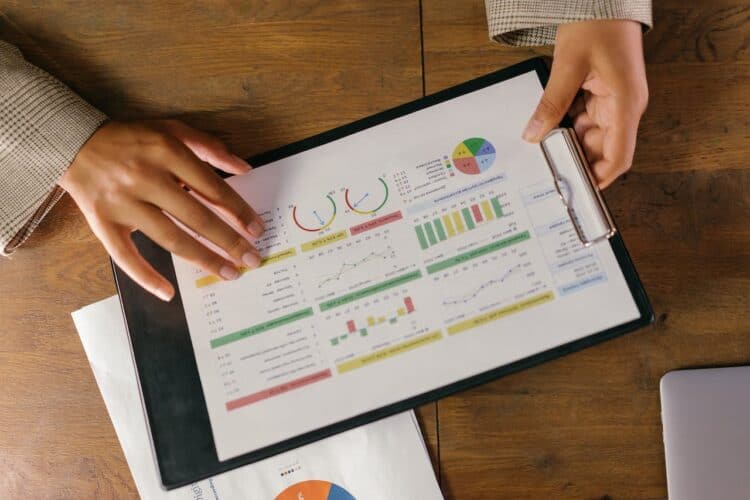The demand for sustainability reporting has been increasingly growing, driving actions by organisations for better business, according to the Association of Chartered Certified Accountants (ACCA).
This is further amplified by regulatory requirements for organisations to be more equitable and sustainable, as stakeholders, including investors, suppliers, consumers, regulators, and employees, seek better evaluations of organisations’ stewardship.
Because of this, organisations and their value chains are driven to provide such information, even if not in the format of a formal sustainability report.
Integrated sustainability-related and financial information will help stakeholders assess whether the profitability of a profit-oriented organisation can be sustained for the long-term, or whether a public sector organisation can continue providing public services.
Failure to provide such information may result in negative implications for the organisation, be it through terms of trade and finance or withdrawal of resources provided by stakeholders. Further, the best talent or suppliers may choose other organisations to provide their human, intellectual and manufactured resources.
Sustainability reporting requirements extend to explaining the approach to designing, implementing, risk management as well as the progress made on sustainability-led strategies – for many professional accountants this is a big change. This more holistic reporting requirement supports achieving benefits beyond the core purpose of the report, over the short-, medium-, and longer-term.
Accountants are expected to lead the way and collaborate with technologists, human resources, talent developers, risk management, senior management and other experts to implement the sustainability reporting cycle.
The ACCA identified eight stages in the sustainability reporting cycle:
- Allocating responsibility for sustainability reporting
- Establishing the reporting landscape
- Determining the material sustainability-related information to be reported
- Determining the data requirements
- Collecting the data
- Reporting on the collected data
- Implementing reporting
- Verifying what is reported, and continual improvement
- who is accountable and responsible
- the processes for identifying material sustainability-related information for reporting purposes
- determining, collecting and reporting the data
- considerations for verification that can lead to continual improvement of reporting, and
- the role of people and technology as vital enablers.
It should be noted that working on one stage may necessitate considering another stage or parts within a stage.
For instance, new information discovered when collecting data for reporting may prompt the organisation to revisit the identification of sustainability-related risks and opportunities that could reasonably be expected to affect the organisation’s prospects.




